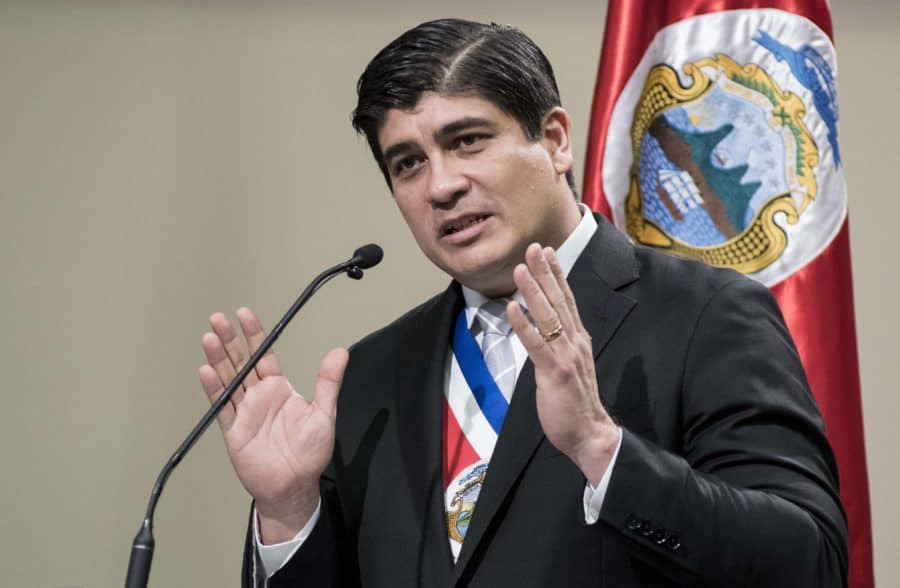President Carlos Alvarado has said that addressing Costa Rica’s economy is among his administration’s biggest challenges.
Now, President Alvarado will be getting into specifics.
Over the coming days, the Costa Rican government will detail a four-point plan that it hopes will spark the country’s economy, according to Casa Presidencial.
“Our country has achieved extraordinary things that the world recognizes, but we also have to be realistic in understanding that we face difficult times and complex challenges,” Alvarado said in a statement. “The most important national challenge is that the country generate more jobs, that we grow more and that we improve the situation of households.
“It is my absolute commitment that the Government must work fully in the cause of employment generation and economic growth.”
The government says the plan will focus on public investment, private investment, professional development and personal finance.
As we await further details, here is an overview of the plan, as presented by Casa Presidencial:
- Public investment: The government says it is investing 1,734 million colones (approximately $3 million) to improve road infrastructure. New public hospitals will be built, in addition to schools and aqueducts throughout the country.
- Private investment: Private investment that generates jobs “will be promoted and facilitated.” This includes regulations to benefit small businesses, the agricultural sector and a plan to reduce the cost of energy in Costa Rica, the government says.
- Professional development and recruitment: The government says it will expand scholarships for English instructional programs. Additionally, it says the implementation of dual education and teleworking legislation will contribute to job growth.
- Personal finance: The government says it will support a bill that limits how much interest credit card companies can charge consumers.
In December 2018, Costa Rica’s Legislative Assembly and President Alvarado approved a controversial tax reform meant to contain an explosive fiscal deficit. Many of the reform’s provisions went into effect on July 1, 2019.
In late July, Costa Rica’s Central Bank reduced the economic growth projection in Costa Rica from 3.2% to 2.2% for this year.
Meanwhile, Costa Rica’s official statistics agency announced earlier this month that unemployment rose to 11.9% in the second quarter, one of the highest figures in recent years.






